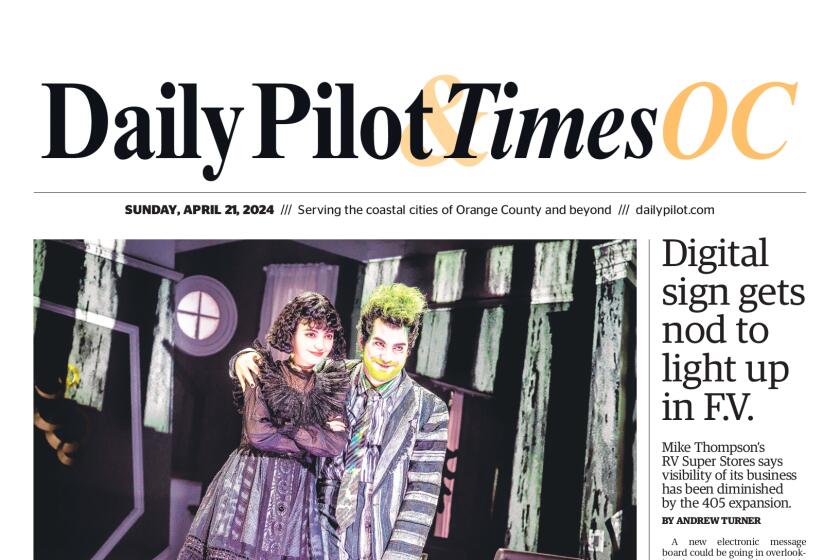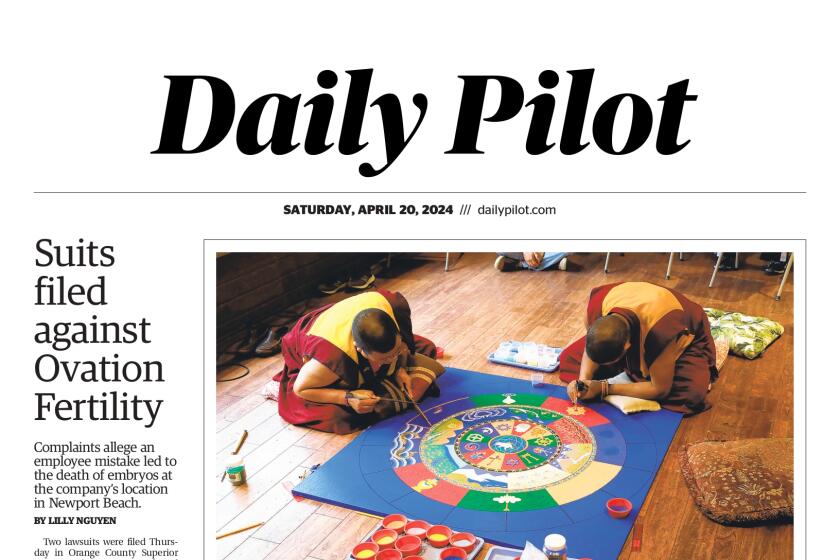Women are regularly read and cited less in academia, but not for lack of research, UCI study shows
Only about one out of every five readings recently assigned to graduate political science students was written by a woman — a disparity that could affect the kind of research students go on to do in their academic careers, a recent UC Irvine study found.
The report — from Heidi Hardt, an associate professor of political science at UCI; co-author Amy Erica Smith, an associate professor of political science at Iowa State University, and other researchers — examined 88,673 doctoral-level readings assigned to graduate students nationwide and determined that women were the lead authors on only 18.7% of them.
That is significantly lower than the rate at which women are published in top journals, which is 27%, according to the study.
“It’s not that unsurprising because there are more men in [political science] than women just as fact; that makes sense,” Hardt said. “We were more surprised that women were underrepresented in syllabi and reading lists as compared to publishing.”
The study examined 840 syllabi and 65 reading lists used in political science graduate courses from different universities, including UCI. Researchers produced a free online database documenting the information.
“Just because women are publishing, that research doesn’t seem to be translating back into syllabi,” Hardt said.
Hardt said the study stemmed from a concept called the “citation gap” — in which men are favored over women when it comes to having their work cited in scholarly journals. Researchers were interested in seeing if women also were underrepresented on graduate course reading lists and syllabi and, if so, whether that contributed to the citation gap.
“Readings that graduate students are required to read shape their understanding of what research matters,” Hardt said. “If, for example, you’re being exposed to research that is primarily researched by men, then it’s not a surprise that’s the research that carries on.
“Many [graduate students] go on to become professors themselves,” she added. “They’re ... going on to teach classes, as well.”
In departments that have hired more women as professors, the study found, both male and female professors were more likely to assign readings written by women. People of color also were more likely to do the same, according to the study.
Hardt said a lack of representation in readings also may make women feel like they don’t belong.
She said about 40% of women in political science programs will eventually earn a doctorate, but a smaller proportion go on to pursue a job in academia.
Fewer still remain in the field long-term or gain tenure. This study, Hardt said, is just one part of a wider effort to research and understand some of the many factors contributing to that “leaky pipeline.”
“We know that there are many reasons women leave programs at higher rates than men,” she said. “For example, sexual harassment is a very big problem. A National Academies of Sciences, Engineering and Medicine report showed that half of women have experienced it. We also know graduate programs are not very good at providing maternity leave or such accommodations.”
Hardt said she and other researchers are currently interested in investigating how women’s representation in the classroom affects graduate students.
“We know all these different gaps where women are underrepresented — so what? How does that then affect women’s versus men’s careers in practice?” Hardt said. “We’re interested in, ‘What are the consequences?’”
All the latest on Orange County from Orange County.
Get our free TimesOC newsletter.
You may occasionally receive promotional content from the Daily Pilot.




